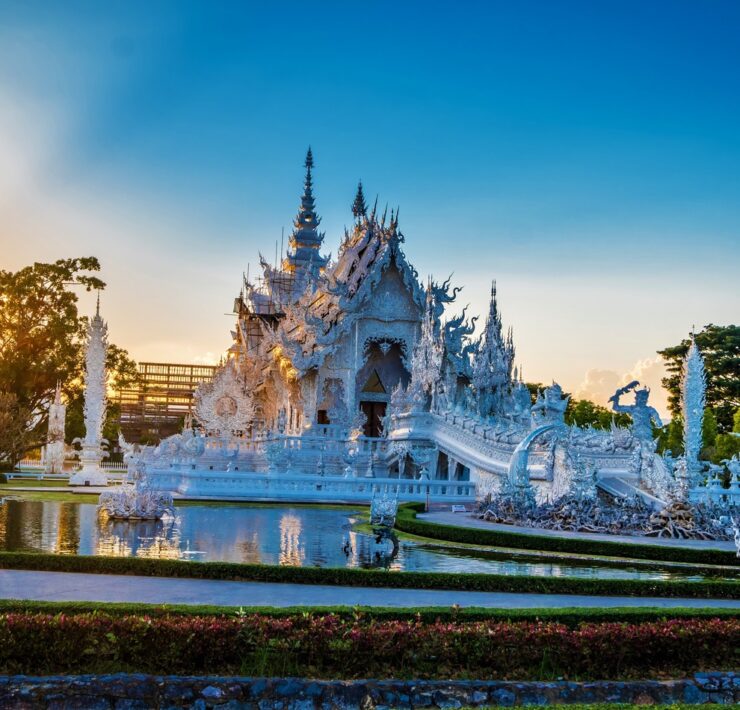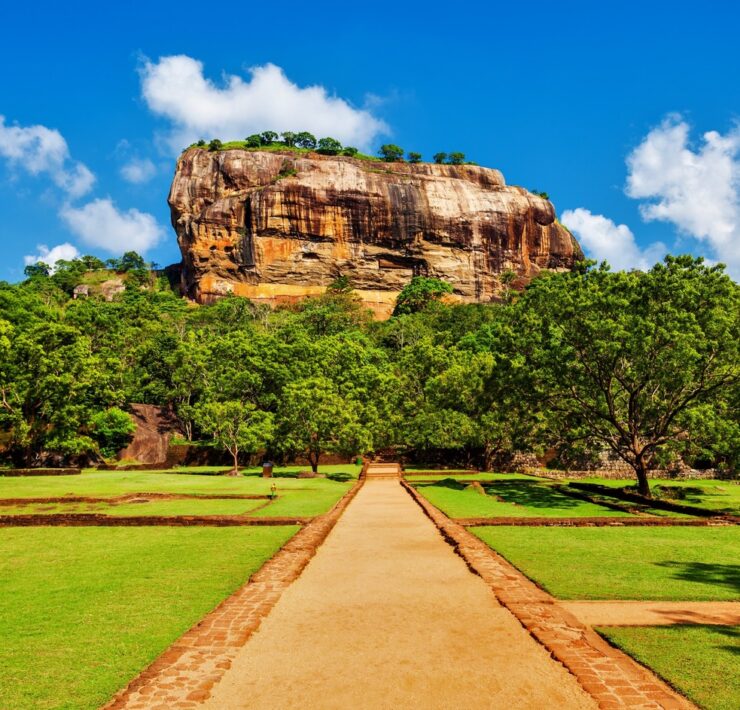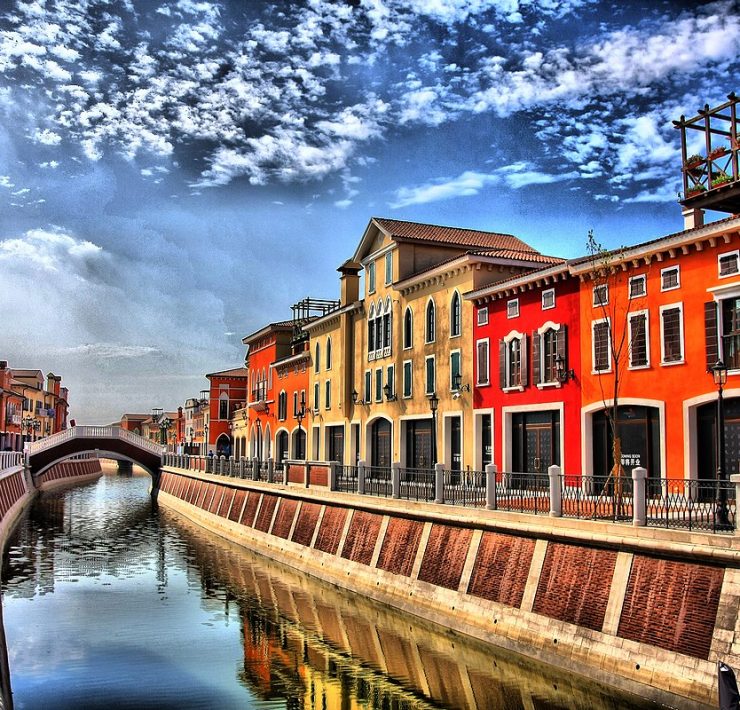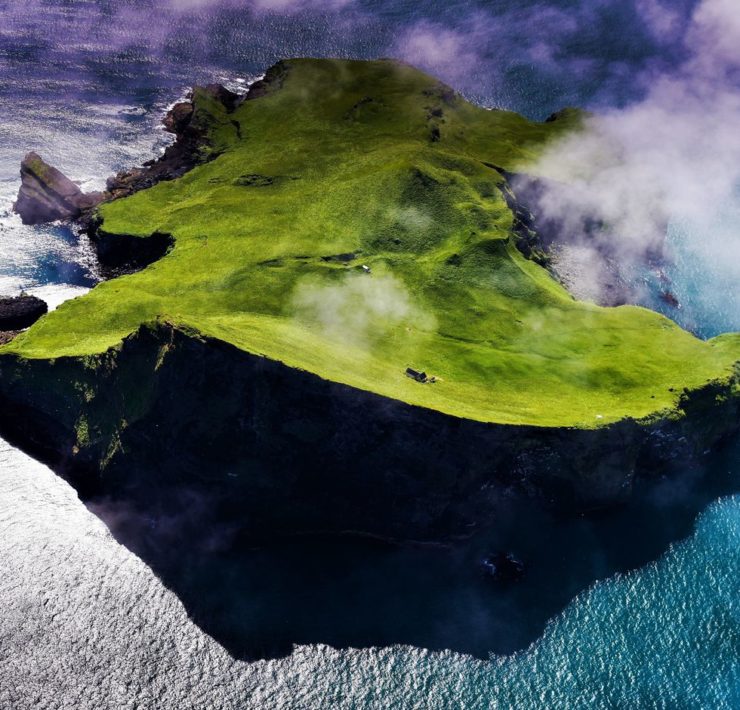Ever wondered how it feels like to live during the times that towering apartments and gated homes didn’t exist and all you have is a mountain to carve on or land to dig in? You better go back to the ancient, and still existing, homes better known as cave dwellings. Where do you find these amazing shelters? Read on to find out.
1. Guyaju, Yanqing, China
Located 80 kilometers from Beijing, you can find the magnificent caves of Gujayu chiseled in the secluded gorge in the west of Yanqing County. It is known as the “First Maze in China” and the “Second Zhoukoudian Peking Man Site” and when you see the actual site there are no titles easy to think of for these caves look like they formed naturally out of the shaded slopes.
There is no definite date that tells the origins of the shelter construction. There are a total of 117 caves with 91 of them scattered along the southern, northern, and eastern slopes of the front gorge while the rest are on the eastern slope of the rear gorge.
2. Cave Houses in Matmata, Tunisia
If you look closely they might remind you of that certain movie setting. Did you say ‘Star Wars’? That’s right! These traditional cave houses in Matmata show how the Berber people had adapted to the hot environment of the Tunisian desert. They dig a large pit for about 7 meters deep and 10 meters wide to create their homes and connect to the other courtyards to create their maze-like underground community.
3. Bamiyan Caves, Afghanistan
Before Afghanistan became a no-go for tourists because of its long series of wars, there were the Bamiyan Caves which was one of the country’s most popular attractions. The caves were created by the two thousand Buddhist monks, who inhabited the caves as hermits, and made Bamiyan a Buddhist religious site. The caves were later used by the Taliban for storing weapons and became a refugee shelter when the Taliban left.
Around the sandstone cliffs of Bamiyan is also where the three large Buddha statues stood before the Taliban destroyed them by dynamite.
4. Sassi di Matera, Matera, Basilicata, Italy
Homes had been carved out of a soft tuff rock mountain in Matera that later created the ancient town of Sassi di Matera. Its inhabitants are believed to be among the first people who’ve settled in Italy with evidences of their stay from as early as the year 7000 BC.
The government relocated the inhabitants of Sassi di Matera in 1950 due to unhealthy living conditions. The area came back to life when the government decided to promote the place as a tourist attraction. The caves are now filled with pubs, hotels, B&Bs, restaurants, and more.
5. Mesa Verde, Colorado, USA
The cave dwellings in Mesa Verde are one of the most well-preserved archaeological sites in North America. The shelter beneath the overhanging cliffs were built by the Ancestral Puebloans with sizes that ranged from a one-room storage unit to a 150-room village. The residents remained until the late 1270s when the population began migrating south to areas that we now know as New Mexico and Arizona.
6. Bandiagara Escarpment, Ireli, Mali
The traditional Dogon villages in Bandiagara Escarpment are strategically located high above the plains surrounded by steep gorges and loose rocks for protection and see the advancing enemies from a distance. After the original Dogon cliff dwellers, the caves are inhabited by the Subsaharan pygmy group, Tellem. Now, the Bandiagara Escarpment is a favorite spot among rock-climbers.
7. Vardzia Caves, Georgia
In the late 1100s, Queen Tamar ordered the construction of an underground sanctuary to protect them from the attack of the Mongol hordes. The fortress was built into the side of Erusheli Mountain with 13 levels containing 6000 apartments, a throne room, and a church with a bell tower.
The underground village was safe from the Mongols but it wasn’t able to escape nature when an earthquake destroyed more than two-thirds of it. It now remains a historic site maintained by zealous monks.
8. Kandovan, Osku, Iran
The caves of Kandovan have been inhabited for seven centuries and from ancient dwellings they’ve become modern homes. When you look closely to the rock formations where these homes are carved in, you’ll notice windows, power wires, doors, chimneys, and even running water that blended well into its natural surroundings.
9. Uchisar, Cappadocia, Goreme, Turkey
Hundreds of rooms are hollowed out in Uchisar, the highest point of Cappadocia where you can have a magnificent view of the surrounding area with Mount Erciyes included. The rooms are connected by the built-in stairs, tunnels, and passages. Nowadays, some of the rooms are inaccessible due to the erosion and most of the rooms left are used as pigeon houses.
10. Ortahisar, Cappadocia, Goreme, Turkey
Known as Anatolia’s biggest fairy chimney, Ortahisar is home to the foothills filled with two storey houses and steep valleys dotted by pigeon houses. Now, most of the houses are restored and boutique hotels have popped up to serve Cappadocia’s visitors. When visiting Ortahisar, don’t forget to see the Ortahisar Castle and Hallacdere Monastery.
When On Earth Magazine is for people who love travel. We provide informative travel guides, tips, ideas and advice regarding places to see, things to do, what to taste, and much more for world travelers seeking their next dream vacation destination.






